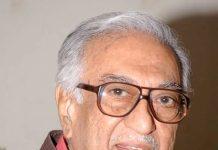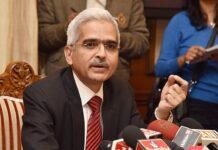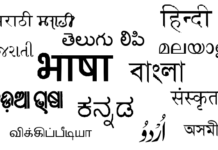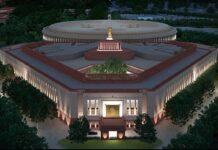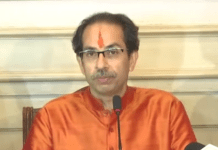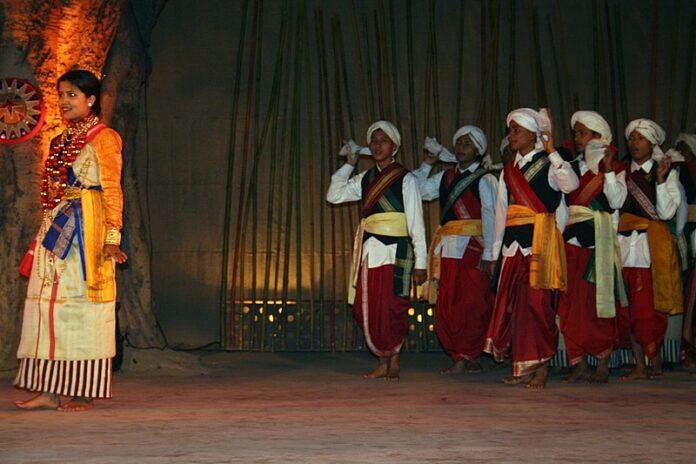Ernest Mawrie, State President of BJP, Meghalaya State (which is going to the poll in few days on 27th February 2023) has created bit of stir in North Indian states over his remarks on beef eating. In an interview, he is said to have said that beef eating is normal food habit and culture of people of Meghalaya and the north-east region. ‘I eat beef too…it’s lifestyle in Meghalaya’’, he said.
Affirming that there is no restriction on beef eating in Meghalaya state, he said states like Goa, Nagaland are proof that BJP is not anti-Christian.
Apparently, his statements on beef eating were aimed at assuring people in poll-bound Meghalaya that his party, unlike the common perception of being pro-Hindu, is not against food habits and culture of people of Meghalaya and other North-eastern states.
Interestingly, Prime Minister Modi is to address a pre-election rally in Meghalaya tomorrow on 24th February 2023.
Therefore, Ernest Mawrie’s statement on food habit and cultural practice of beef eating in Meghalaya can be seen as a prelude to the political rally .
Beef eating is a sensitive issue in India. Majority of Hindus consider cow to be sacred and beef eating is a taboo. Buddhists, Jains and Sikhs too do not eat beef (Jains are strictly vegetarian and are against killing of any animal). Beef eating is normal food habit for several sections of Indians including Muslims, Christians and some Hindus in southern states.
In many northern states, there has been popular demand to ban cow slaughter and beef eating.
Constitution of India directs State to protect cattle. Article 48 of Constitution of India which form part of “Part IV Directive Principles of State Policy” states that, “The State shall endeavour to organise agriculture and animal husbandry on modern and scientific lines and shall, in particular, take steps for preserving and improving the breeds, and prohibiting the slaughter, of cows and calves and other milch and draught cattle”.
This constitutional provision, like all other provisions in the Part IV of the Constitution of India is merely a direction to State as a guiding principle and not enforceable in a court of law.
Demand for ban on cow slaughter has a long history in many countries including India, Sri Lanka, Nepal and Myanmar. Currently, there is ban on cow slaughter in Nepal, Myanmar, Sri Lanka and in most of the Indian states (except Kerala, Goa, West Bengal, Arunachal Pradesh, Mizoram, Meghalaya, Nagaland, Tripura and Sikkim).
***




